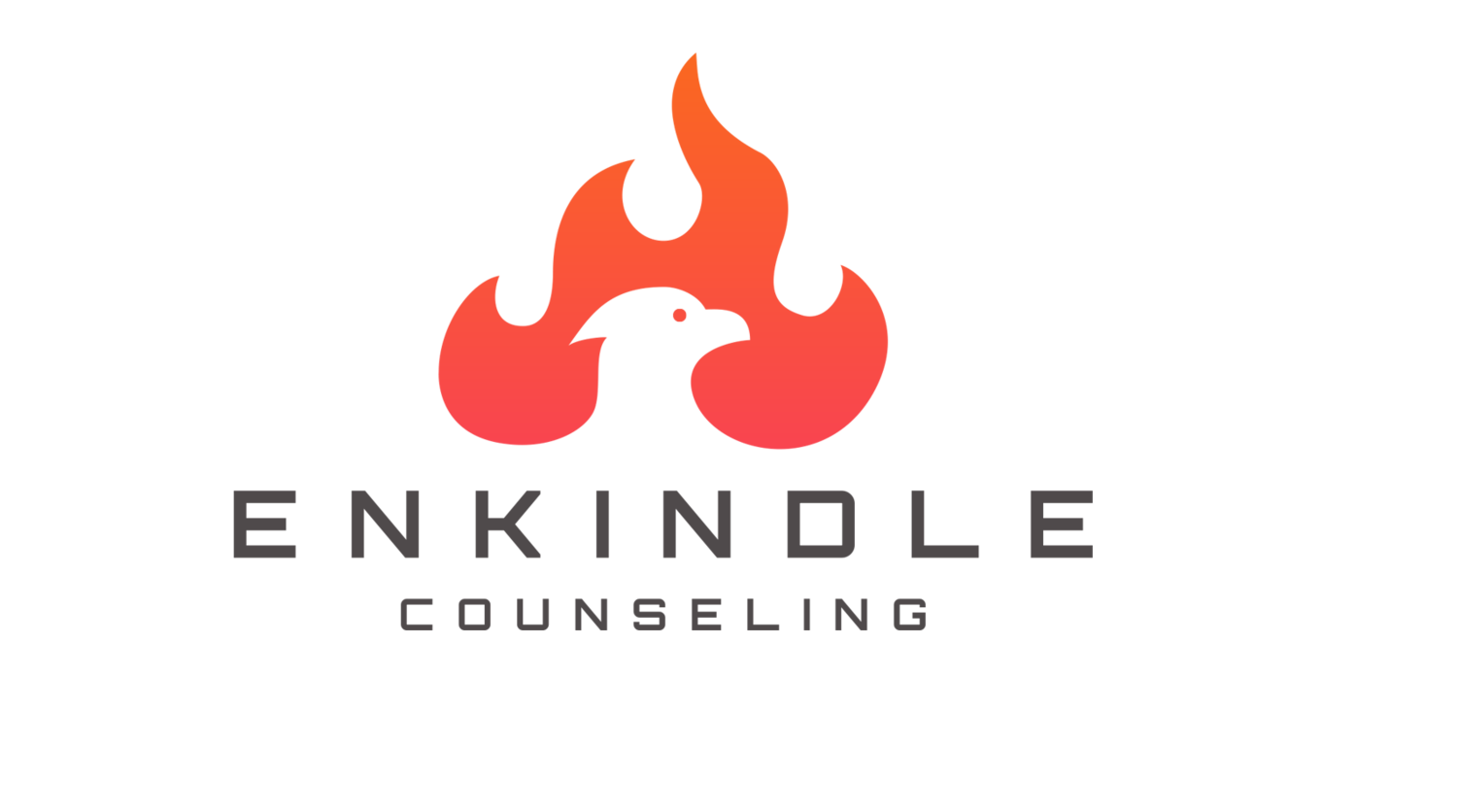Exploring the Healing Potential of Psilocybin-Assisted Therapy: Bridging Neuroscience and Cultural Wisdom
A really big passion of mine as a clinician is integrating my cultural healing methods into my practice. In the realm of mental health treatment, the exploration of alternative therapies has been steadily gaining traction. Among these approaches, psilocybin-assisted therapy is emerging as a promising avenue, offering new insights into the treatment of various psychological conditions, particularly trauma-related disorders. Grounded in both neuroscience and the wisdom of holistic cultures, this therapeutic modality holds the potential to revolutionize mental health care.
Understanding Psilocybin-Assisted Therapy
Psilocybin, the active compound found in certain species of mushrooms, has been used for centuries in traditional healing practices among indigenous cultures. However, its therapeutic potential gained scientific attention in recent decades. Psilocybin-assisted therapy involves the guided use of this psychedelic compound within a therapeutic setting, often accompanied by psychotherapy.
The Neuroscience Behind Psilocybin Therapy
Neuroscience provides valuable insights into how psilocybin affects the brain and, consequently, mental health. Psilocybin interacts primarily with serotonin receptors in the brain, particularly the 5-HT2A receptors, leading to alterations in neural activity and connectivity. Functional MRI studies have shown that psilocybin induces changes in brain networks associated with introspection, emotional processing, and the sense of self.
Benefits of Psilocybin-Assisted Therapy for Trauma
One of the most promising applications of psilocybin-assisted therapy lies in its potential to address trauma-related disorders, such as post-traumatic stress disorder (PTSD). Trauma often leaves a profound imprint on the brain, leading to maladaptive patterns of thought and behavior. Psilocybin therapy offers a unique opportunity to disrupt these patterns by facilitating a profound shift in perspective and promoting emotional processing.
How Psilocybin Therapy Works with Trauma
Psilocybin therapy creates a state of heightened introspection and emotional openness, allowing individuals to revisit traumatic experiences in a safe and supportive environment. This process, guided by trained therapists, enables individuals to confront and integrate suppressed emotions and memories. Moreover, the profound mystical experiences often induced by psilocybin can lead to a sense of interconnectedness and spiritual healing, offering a broader perspective on one's suffering.
Cultural Roots of Psychedelic Healing
It's essential to acknowledge that the use of psychedelics for healing is not a novel concept but rather deeply rooted in the traditions of indigenous cultures. For centuries, indigenous peoples have utilized plant medicines, including psilocybin-containing mushrooms, as integral components of their healing rituals. These cultures recognize the interconnectedness of mind, body, and spirit, viewing illness as a manifestation of imbalance that requires holistic treatment.
The Importance of Cultural Healing Models
In our modern society, we often overlook the wisdom embedded in traditional healing practices. However, as we navigate the complexities of mental health care, there is a growing recognition of the value of integrating cultural healing models into contemporary therapeutic approaches. The resurgence of interest in psilocybin-assisted therapy represents a rediscovery of these ancient healing traditions and an acknowledgment of their profound efficacy.
Embracing a Holistic Approach to Mental Health
The integration of psilocybin therapy into mainstream mental health care signifies a shift towards a more holistic approach to healing. By combining the insights of neuroscience with the wisdom of indigenous cultures, we can offer individuals a comprehensive framework for addressing their psychological struggles. This approach recognizes that healing is not merely the alleviation of symptoms but the restoration of balance and harmony within oneself and the broader community.
Conclusion: Navigating the Path Forward
As clinicians, it is our responsibility to remain open-minded and receptive to emerging therapeutic modalities that show promise in alleviating human suffering. Psilocybin-assisted therapy represents a convergence of scientific inquiry and cultural wisdom, offering a beacon of hope for those grappling with trauma and other mental health challenges. By embracing this integrative approach, we can pave the way for a more compassionate and effective model of mental health care—one that honors both the advancements of modern science and the timeless wisdom of ancient traditions.
